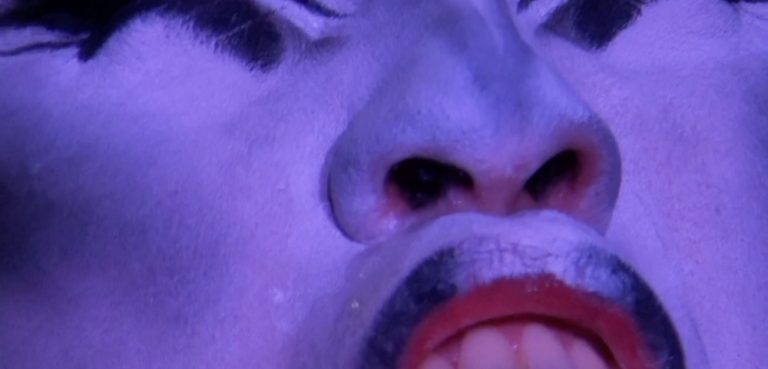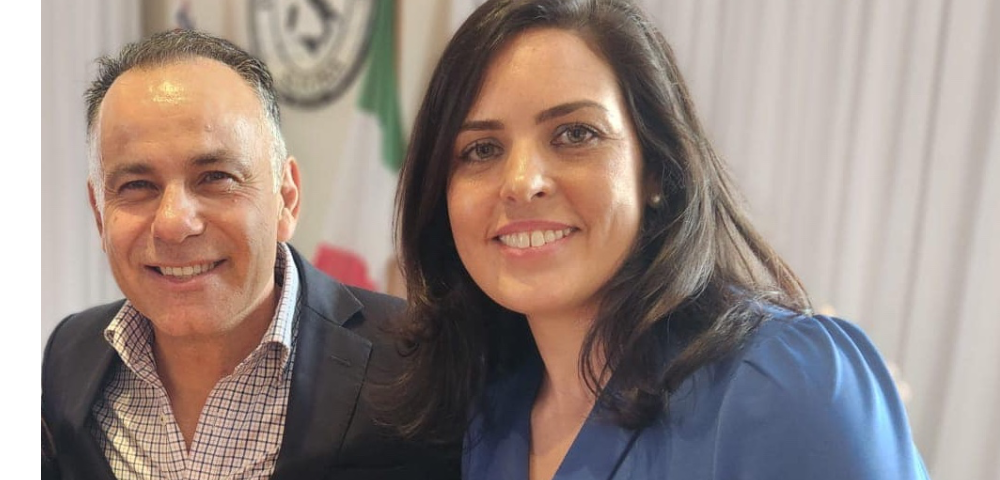
$750,000 payout for HIV infection
A NSW man has successfully sued his ex-boyfriend for $750,000 for knowingly infecting him with HIV.
In what is believed to be an Australian first, the plaintiff, who cannot be named, was awarded a range of damages by the court for his pain and suffering, loss of income and loss of life expectancy, adding up to a total of $757,487.
In a rare move, the court apportioned $50,000 in exemplary damages as an expression of its “disapproval of disgraceful conduct”.
The plaintiff and the defendant, who also cannot be named, began a relationship in early 2004 and had repeated conversations about their HIV status. The court accepted that the defendant assured he was negative and, after consenting to engage in unprotected sex, the plaintiff contracted HIV.
“When the doctor put his hand on my leg, I just burst out crying,” the plaintiff said.
“The strain of it all got to me and I attempted suicide, because I couldn’t live with the fact that I could have infected my partner.”
Three weeks after his diagnosis the plaintiff learned his partner had been diagnosed HIV positive at least a year earlier.
“I was just gobsmacked. I was led to believe I was the one who infected him,” the plaintiff said.
“He didn’t look at me, but said to the specialist, ‘I’m sorry that this has happened’. I just wanted to pick him up and throw him through the wall.”
The plaintiff remained with the defendant for a further three years but ended the relationship after being contacted by another man who believed he had also been infected by the defendant.
“It was the final straw. Besides cheating on me, he had infected me in 2004, and [possibly] another person in 2005.”
The plaintiff said the stress of dealing with a positive diagnosis and a relationship breakdown caused him to have “a total breakdown”. He attempted suicide a second time and was subsequently scheduled under the Mental Health Act and admitted to St Vincent’s Hospital.
He decided to pursue legal action in 2007, reported the matter to police and initiated civil proceedings.
The plaintiff sought legal direction but was initially told there was nothing he could do.
“I got very angry. I thought, ‘How could someone infect me and get away with it?’, and there was nothing I could do.”
He acknowledged he had consented to having unsafe sex, “but I didn’t consent to getting infected with HIV”.
Advocates for people living with HIV and organisations from within the HIV sector have never supported legal action over HIV transmission out of fear it could deter people from getting tested and add to the stigma of HIV.
The plaintiff said legal action is not and should not always be an option but “all I wanted was to hear the word ‘sorry’, and an explanation of why he did it. I know I will never hear those words.
“The money side of it is a deterrent to other people, to think twice before you have unsafe sex with someone that you haven’t told you’re positive. It’s a deterrent to [the defendant], and holds him accountable.”
The plaintiff’s lawyer, Alex Maroulis, said, “Each individual has the right to explore legal avenues, as it relates to their circumstances”.
“I think it is wrong for any organisation or person to impose their personal views, to stop that person exploring their rights, civilly and criminally.”
NSW Police are now considering criminal charges against the defendant under the Crimes Act. If charges are laid it would be the first same-sex case of its kind in NSW.









